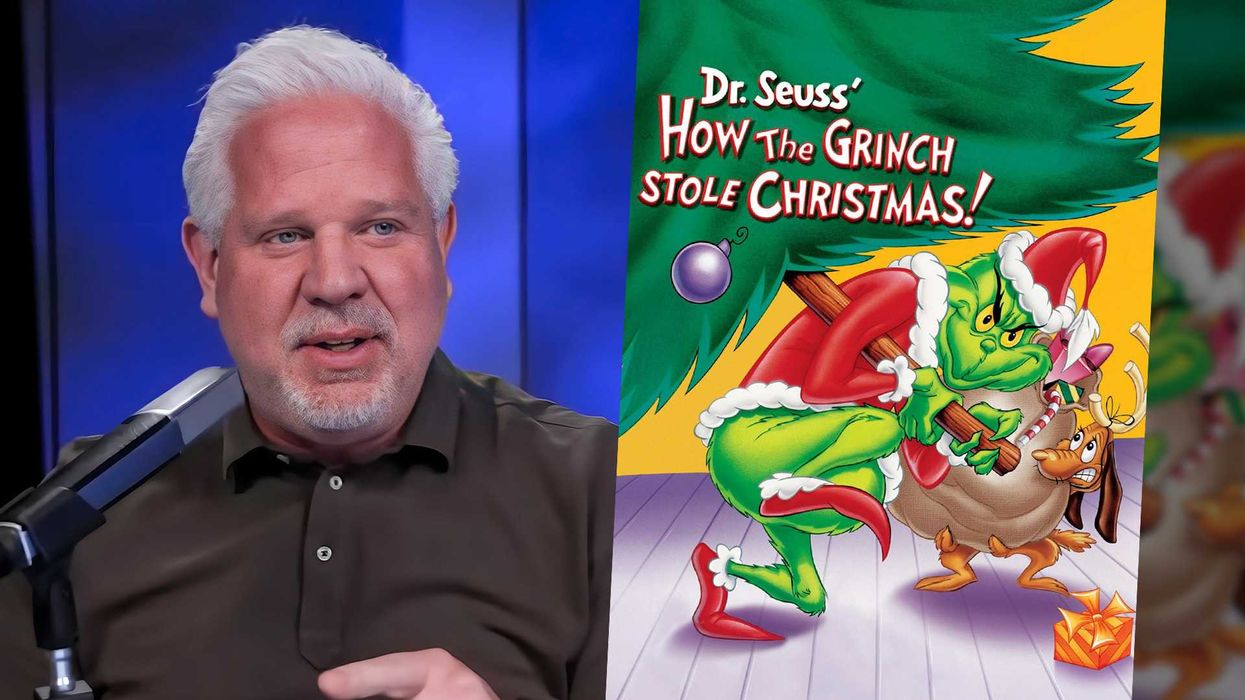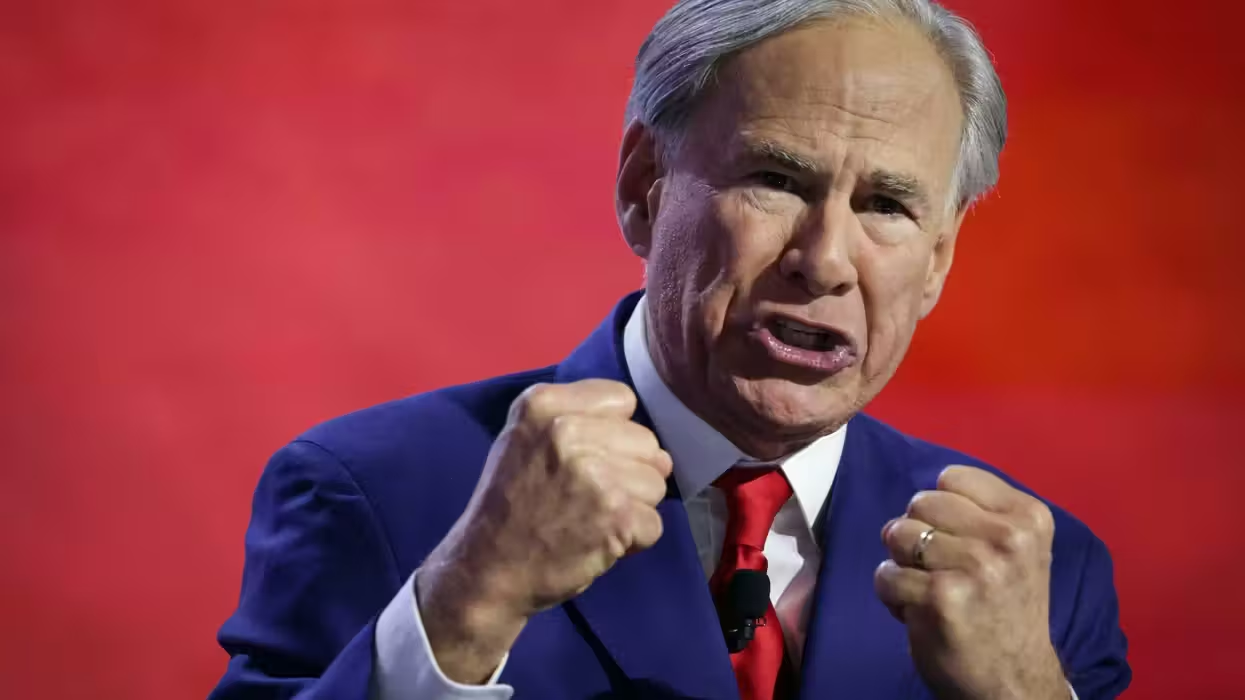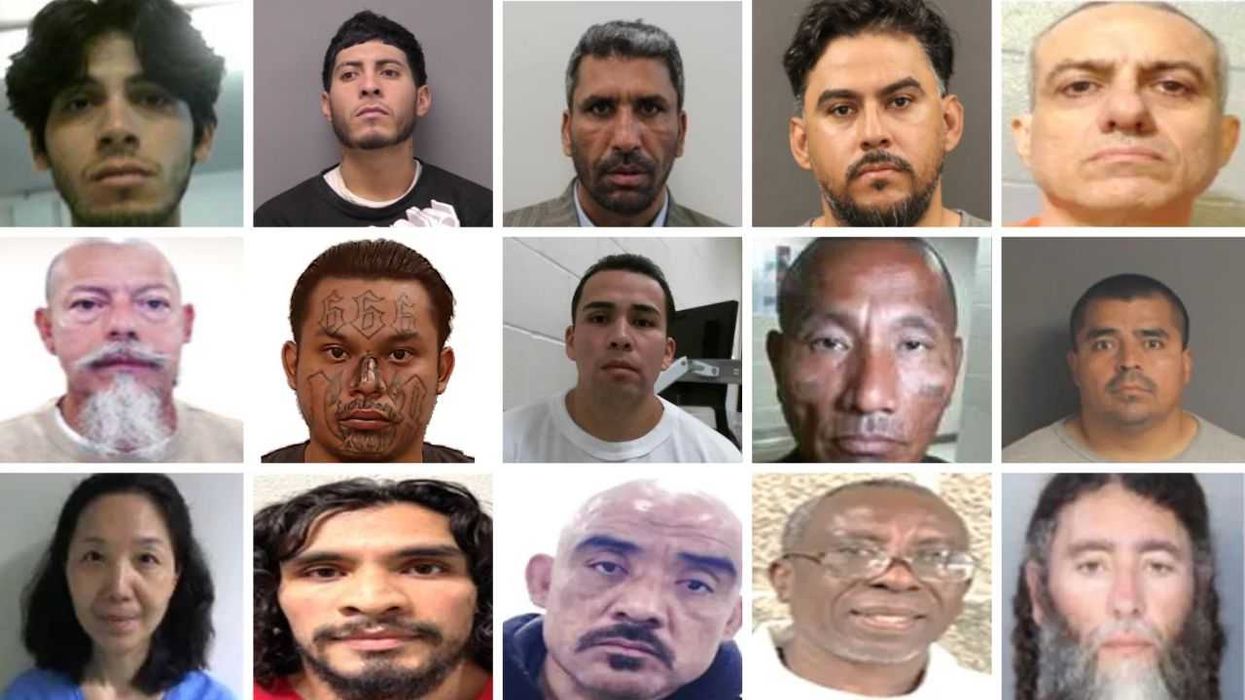When it comes to eschatology — the biblical study of the end times — there are some major theological differences among denominations and broader Christian cohorts.
From debate over a theoretical tribulation period to battles over a so-called "rapture" event, Christian leaders' views are surely shaped by their organizational affiliations.
Consider that the research conducted for my new book, "The Armageddon Code: One Journalist's Quest for End-Times Answers" found that 43 percent of self-identified evangelical pastors embrace a pre-tribulation rapture — the view that Christians will be taken up before the tribulation period that precedes Jesus' second coming — compared to just 31 percent of Mainline preachers.
Mainline pastors (36 percent) are also more likely than evangelicals (17 percent) to select "the concept of the rapture is not to be taken literally," though it should be noted that it is difficult to pin down some of the differences between these two groups, as they overlap one another.
Listen to author Jeff Kinley defend a pre-tribulation rapture below:
There are certainly a number of differences between evangelicals and Mainline Protestants. As PBS once noted: "[Mainline Protestants] have a more modernist theology. So, for instance, they would read the Bible, not as the inerrant word of God, but as a historical document, which has God's word in it and a lot of very important truths, but that needs to be interpreted in every age by individuals of that time and that place."
Moving behind the evangelical and Mainline paradigm, the research became even more intriguing when considering specific denominational affiliations, with Pentecostal preachers distinguishing themselves (73 percent) as the most likely to embrace a pre-tribulation rapture, with 61 percent of Baptists agreeing. Lutheran ministers, though, are the least likely to select this worldview, with just 1 percent of doing so.
Showing just how strong a belief in a literal rapture is among some Christian leaders, consider that only 6 percent of Baptist pastors and less than one percent of Pentecostals embraced the idea that "the concept of the rapture is not to be taken literally," compared to 60 percent of Lutherans, 48 percent of Methodists and 49 percent of Presbyterian/Reformed pastors.
Similar findings unfolded among pastors when denominational affiliation was taken into account surrounding views on the millennium, as discussed in Revelation 20 in the Bible. The largest proportion of pastors overall — 48 percent — embraced premillennialism, with an addition 31 percent selecting amillennialism and 11 percent aligning themselves with postmillennialism.
Before we dive deeper into denominational differences, though, let’s explore the choices that respondents were given, so that readers can better understand what differentiates these millennial world views:
- There is no literal millennium, but Christ is currently reigning spiritually and in the hearts of Christians (often called amillenialism)
- The millennium is not a literal 1,000 years, but an era in which the world will gradually grow more Christian and just ending with Christ’s second coming (often called postmillennialism)
- The millennium will be a future literal 1,000-year period during which Jesus reigns on earth following Christ’s second coming (often called premillenialism)
- None of these/Not sure
While 57 percent of evangelical preachers selected premillennialism versus just 38 percent of Mainline ministers, Mainline pastors (38 percent) are more likely than evangelicals (24 percent) to embrace amillennialism.
Anne Graham Lotz discusses her views on eschatology below:
More specifically, those most likely to select premillennialism were Pentecostals (84 percent) and Baptists (75 percent) versus just 5 percent of Lutherans, 21 percent of Methodists and 14 percent of Presbyterian/Reformed. Lutherans, however, are most likely to embrace the amillennial perspective (71 percent) followed by ministers who are Presbyterian/Reformed (52 percent).
Views on the possibility of a future antichrist were also diverse and seemingly dependent upon denominational worldview, with 83 percent of Pentecostals and 75 percent of Baptists saying that they believe "he is a figure who will arise sometime in the future." This compares to just 7 percent of Lutherans, 29 percent of Methodists and 22 percent of Presbyterian/Reformed ministers.
While only 2 percent of Pentecostals and 3 percent of Baptists said that they believe the antichrist is merely "a personification of evil," 29 percent of Lutherans, 28 percent of Methodists and 31 percent of Presbyterian/Reformed pastors said the same.
What do you think? Answer one of the same questions below:
--
Follow the author of this story on Twitter and Facebook and check out his new book “The Armageddon Code: One Journalist's Quest for End-Times Answers”:







